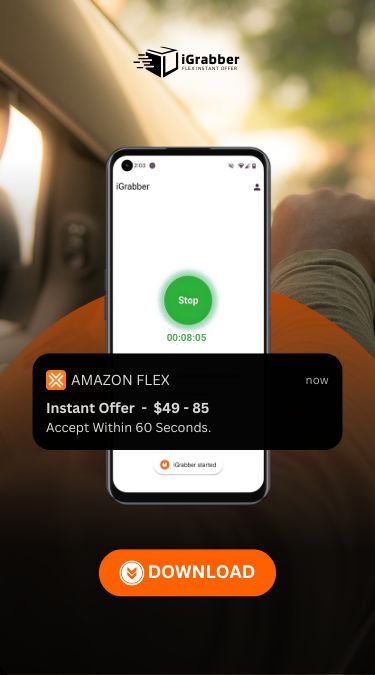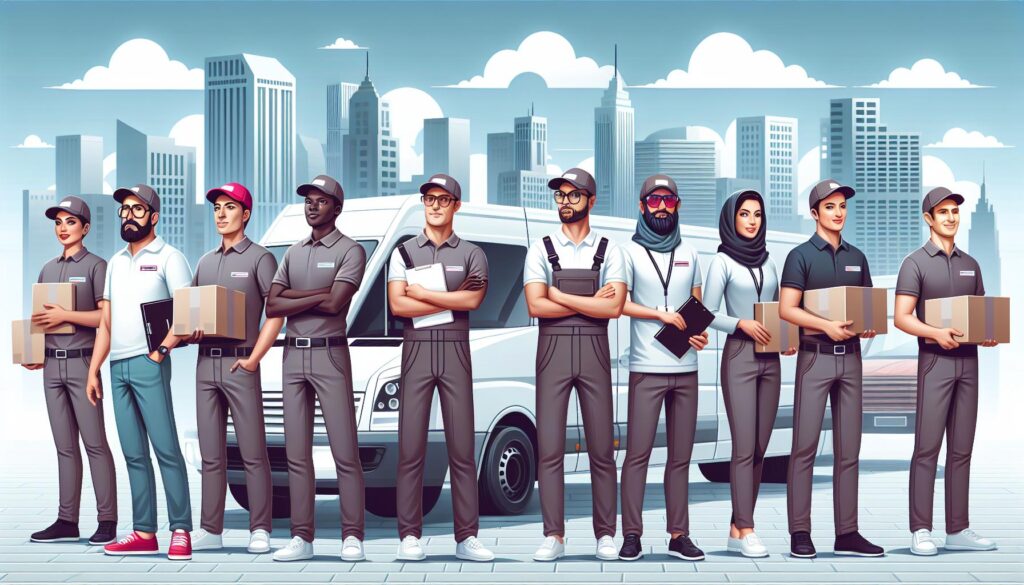Amazon Flex drivers are increasingly voicing their concerns over wage discrepancies. Thousands have taken legal action against Amazon, highlighting the growing dissatisfaction within this segment of the gig economy. The situation underscores broader issues related to worker rights and compensation. Furthermore, as interest in block grabber apps rises, drivers are seeking solutions that could enhance their earnings.
Understanding Amazon Flex
Amazon Flex offers a unique opportunity for individuals to earn money by delivering packages for the e-commerce giant. This service attracts many due to its flexible nature, allowing drivers to set their schedules. However, the promising exterior hides several challenges, particularly concerning fair compensation.
Drivers claim that they often work longer than the time slots covered by Amazon’s compensation. This discrepancy raises questions about the transparency of payment structures. Given the growing concerns, legal action became an inevitable step for many seeking justice.
Legal Actions and Their Implications
The legal actions taken by Amazon Flex drivers point to systemic issues within the platform. These lawsuits stress the need for transparency and fairness in how wages are calculated and paid. Drivers allege that Amazon fails to properly compensate for time spent waiting for packages or navigating through traffic, all of which consumes hours outside of normal delivery expectations. You can find more detailed insights about these legal actions here.
This legal battle has drawn attention to the concept of gig economy rights. As more people turn to gig work for their primary or secondary income, establishing fair practices becomes crucial. The outcomes of these lawsuits could set important precedents not only for Amazon but also for other companies in the gig economy.
The Rise of Block Grabber Apps
While legal battles unfold, many Amazon Flex drivers are exploring alternative ways to optimize their earnings. Enter block grabber apps. These applications automatically accept delivery blocks, ensuring drivers secure the highest-paying opportunities. This demand has grown as drivers seek to maximize their income without constantly monitoring the app for new delivery blocks.
Using block grabber apps aligns with the larger trend of technology playing a pivotal role in the gig economy. These apps promise numerous benefits, including increased efficiency and potentially higher earnings for drivers. However, they also present challenges and ethical considerations around automation and fairness.
Challenges and Ethical Considerations
Utilizing block grabber apps raises several ethical questions within the gig economy. There are concerns about fairness, as these apps can sometimes prioritize users with better technology, creating inequalities among drivers. Additionally, there’s the issue of compliance. Amazon’s terms of use may conflict with the operation of such apps, leading to potential account suspensions for drivers.
Despite these challenges, the apps remain popular, emphasizing the dire need for better payment structures within Amazon Flex. For drivers, using technology isn’t just about convenience; it’s about survival in a highly competitive field.
Impact on the Gig Economy
The situation with Amazon Flex drivers shines a light on broader issues faced by gig workers. It raises critical questions about workers’ rights, compensation fairness, and the balance between corporate profit and fair employment practices. As more individuals engage in gig work, these challenges will likely become more pronounced.
Amazon, like other gig economy companies, faces increased scrutiny. The balance between flexibility and fair compensation is a tightrope that companies must navigate to maintain driver satisfaction and business profitability. This evolving landscape will demand innovative solutions that prioritize workers’ needs while still driving business success.
Potential Solutions and the Way Forward
To address these concerns, several potential solutions could be considered:
- Improved Transparency: Companies like Amazon could benefit from clearer communication regarding wage calculations and payment structures.
- Fair Compensation: Ensuring drivers are paid adequately for all time spent connected to the app, including wait times and traffic delays, could alleviate many complaints.
- Enhanced Regulations: Governments and regulatory bodies may need to establish clearer laws regarding gig economy work to protect workers’ rights.
For those interested in increasing their earnings through technology, using apps like iGrabber could provide insights. To learn more about these tools and how they work, visit our How It Works page.
Conclusion
The struggles of Amazon Flex drivers highlight significant issues within the gig economy, specifically concerning fair wages and rights. As legal actions unfold and block grabber apps gain popularity, the need for practical solutions becomes clear. Addressing these challenges will require a collaborative effort from companies, workers, and regulatory bodies. By prioritizing fairness and transparency, it’s possible to create a gig economy that benefits everyone involved while ensuring sustainable business practices.





